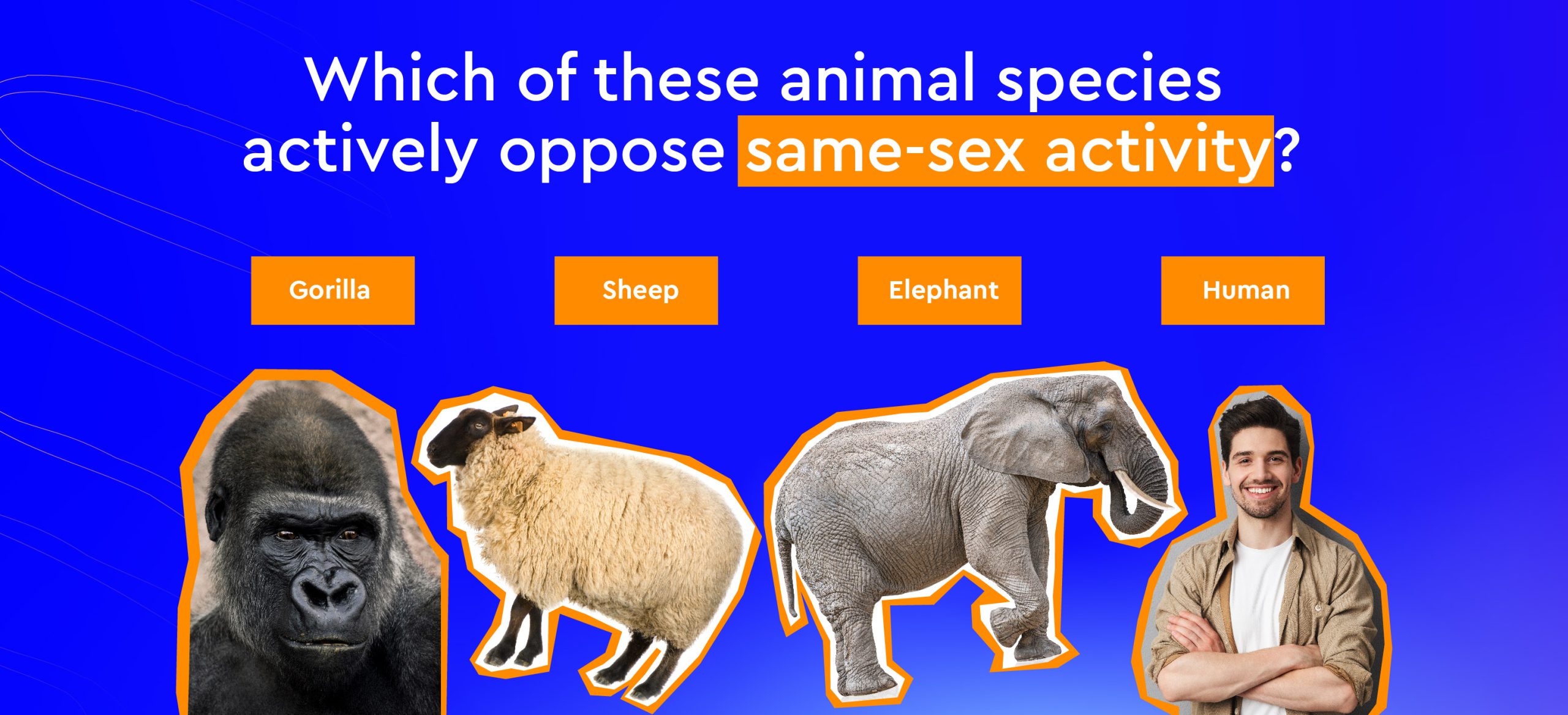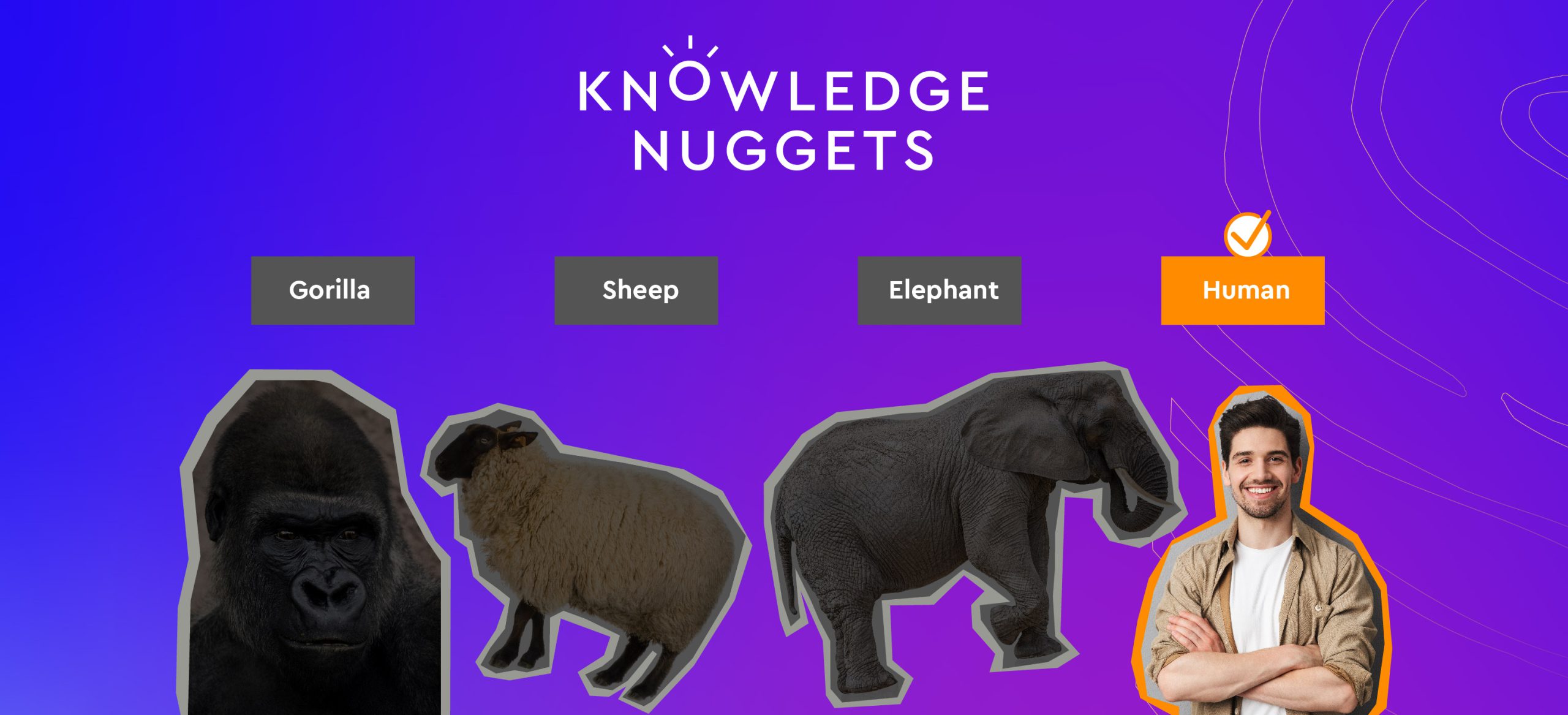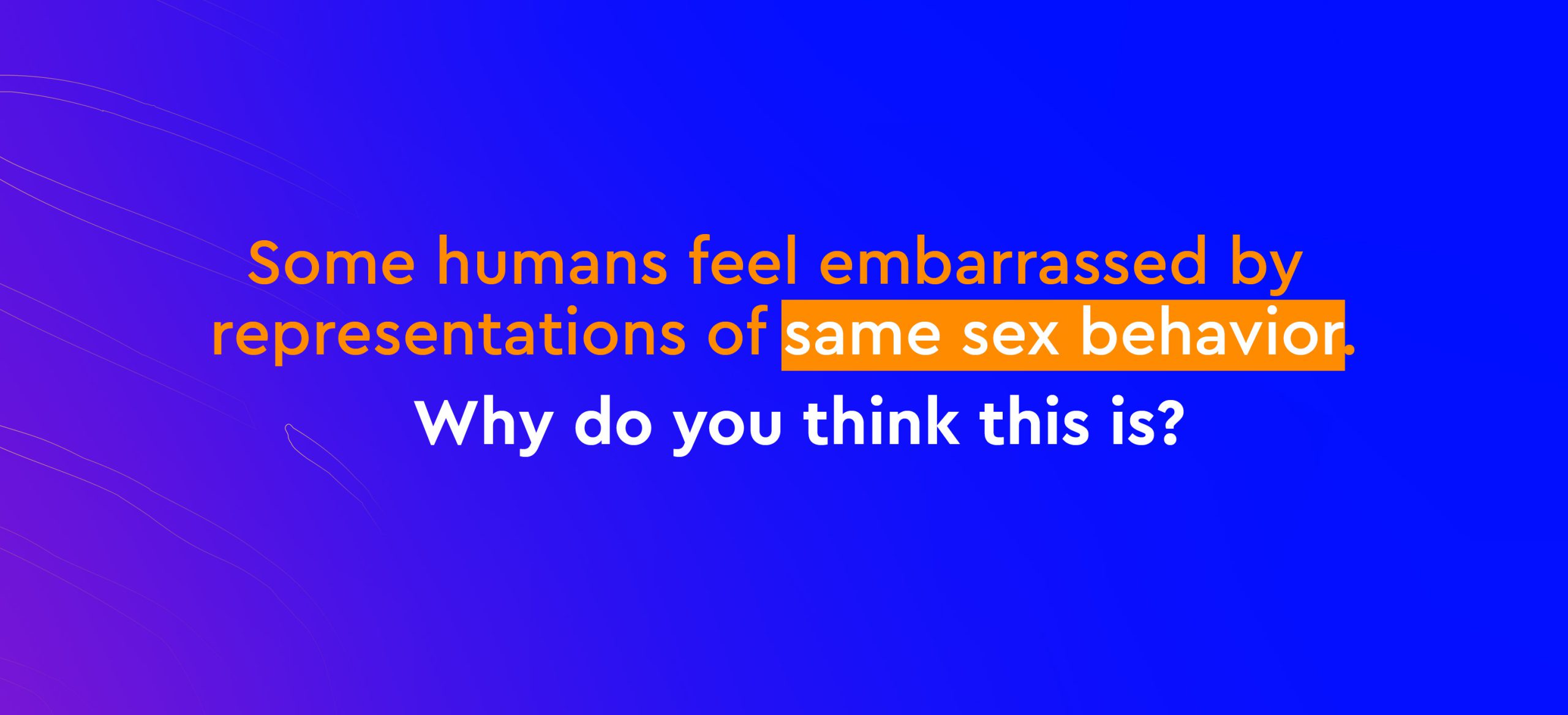

The Only Species That Opposes Same-Sex Activity
The Only Species That Opposes Same-Sex Activity
Same-sex behavior is widespread across nature, and has been observed in more than 1500 animal species
Same-sex behavior has been documented in many hundreds of species worldwide – from swans and vultures to elephants, apes and sheep. However, the only animal known to actively prohibit this behavior is Homo sapiens. So why is that?
The subject of same-sex sexual behavior in animals has long been considered an evolutionary paradox by scientists, because same-sex activity does not contribute to reproduction, and so is seen as costly to an organism and a species – meaning it has no evolutionary advantage.
However, scientists have now found many possible explanations for this ubiquitous trait which has been observed in more than 1500 species. For example, researchers suggest it hasn’t evolved independently across different species but has been around ever since animals began to engage in sexual behavior, well before traits required to recognize a compatible mate—differences in size, shape, color or odor—evolved. This hypothesis suggests that it is more costly to an organism to be able to recognize a compatible mate for reproduction than to mate indiscriminately with individuals of all sexes. Perhaps this is how same-sex behavior came about.
While it is still unclear to what extent same-sex attraction in humans and animals is based on DNA, it is a widely accepted behavior in the animal kingdom, as it is in humans. And it always has been: same-sex behavior has been documented in our society as far back as ancient Egypt. We know of two royal servants who lived some 4,500 years ago, named Khnumhotep and Niankhkhnum, who were buried together and are listed as “royal confidants” in their joint tomb. Scholars believe them to be the first recorded same-sex couple.
So why is a behavior so universal and so much a part of our evolutionary history considered taboo in many cultures to this day? Why do many countries and societies punish people for same-sex behavior? What do you think?
Group Activity
- Divide the group into several teams.
- Pick one of the questions from the list below and let each team discuss it and then present their thoughts to the group; Alternatively, assign each team with a different question, and when they present it to the group ask the remaining teams for their thoughts as well.
Questions
- Some humans feel embarrassed by representations of same sex behavior. Why do you think this is?
- In what ways do cultural, religious, or social influences shape our views on same-sex behavior?
- Some research has shown that people’s sexual attraction is not set in stone, but rather exists on a spectrum that can change considering the circumstances. Do you agree with this? What might that mean for the way we think about sexual attraction?
- If the animal kingdom exhibits a wide range of sexual behaviors, what does that suggest about the concept of ‘natural’ behavior?






